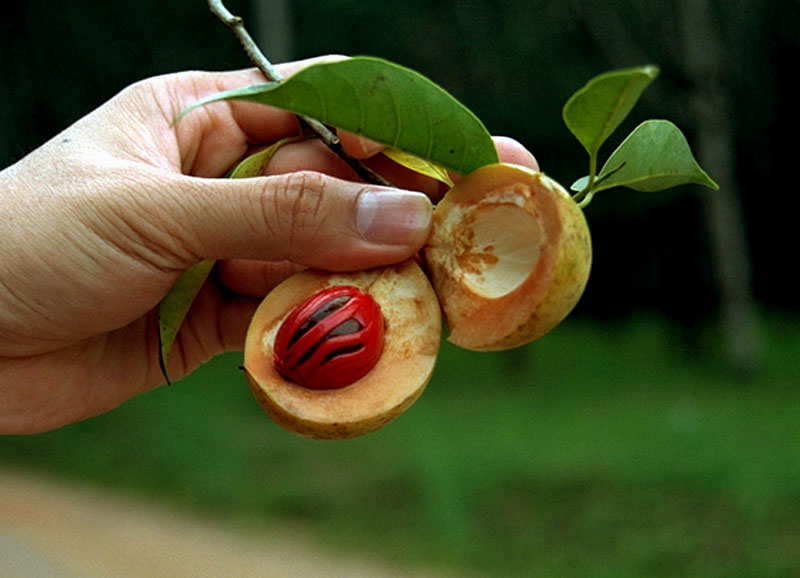Rhun Island. Or Pulau Run in Bahasa Indonesia, is the name of a small island, part of Banda Islands. It is a tiny island, so tiny that it doesn’t make an appearance on most maps of Indonesia. However, this tiny island once hold a very strategic role in human history.
This tropical island is located far in the east, remotely isolated from any major islands in indonesia, actually has an intriguing claim to fame. In 1667, it was swapped by the British for another small piece of land in North America — now better known as Manhattan in New York city.
Wow...okay, but why?
It was because of spices; cinnamon and cloves, but the real money spinner was nutmeg. In the 17th century this small nut became, kilo for kilo, worth considerably more than gold.
Initially, it had been used to preserve food, and for the affluent, it was used as any spice would be these days — as flavouring on meals. Yet this all changed when Elizabethan doctors began recommending it as a cure to the bubonic plague, better known as Black Death, sweeping through Europe.

Almost overnight its price went up 10-fold, and it just kept rising. Then, bold new claims were made for this wonder nut. It could cure the common cold, flatulence, and it was even believed to cure erectile dysfunction!
Until the 17th century, Dutch VOC (Verenigde Oostindische Compagnie) headquartered in Batavia (now Jakarta) had been the king of the Asia-Pacific. It had secured the old spice trade pioneered by the Arab and Asian traders for centuries in what is now eastern part of Indonesia.
The spice only came from the Banda Islands, a group of 10 small volcanic islands in the remote Indonesian Banda Sea. The Dutch controlled all of them, except one, Run.

The British sent an expedition to try and gain a foothold in the lucrative supply of nutmeg and in 1616 colonised Run.
So happy was King James I that he immediately changed his title to ‘King of England, Scotland, France, Ireland and Run’. The Dutch never gave up in trying to attack and occupy Run to gain a world monopoly of nutmeg, and this became one of the main causes of the Anglo Dutch wars.


Eventually, at the peace treaty of 1667, the British reluctantly swapped Run for a flat, boring bit of North America, which did not even have any spices.
The treaty negotiations dragged on for months, and the British were eager to conclude them and focus more on trade than fighting. Even so, the main island, what we now know as Manhattan, was little more than a swamp, and the British were not sure they had brokered a good deal.

Three hundred and fifty years later that swamp is now a sprawling world famous metropolis, while Run, well, it is still a small isolated island. Everyone knows Manhattan but not Run, even though they share one history.
Finding the Banda and the rest of the Spice Islands was the main motivation behind Europe’s age of exploration.

The huge impact that these tiny and remote islands had on the European continent at that time was immense. The spice islands was the most valuable piece of real estate in the world 500 years ago. Thus Henry the Navigator, Christopher Columbus, Vasco de Gama, and Ferdinand Magellan began their fates with destiny. They spread the word of god and enthusiastically secured as much spices as their boats would hold. Although the work was treacherous, a sack full of nutmeg from Banda would put a common sailor into an early retirement if he made it back to Europe alive with the legendary spices to hand.
This tiny island, indeed shaped the world's history.
Source and reference :
The History of Temptation (book)



















